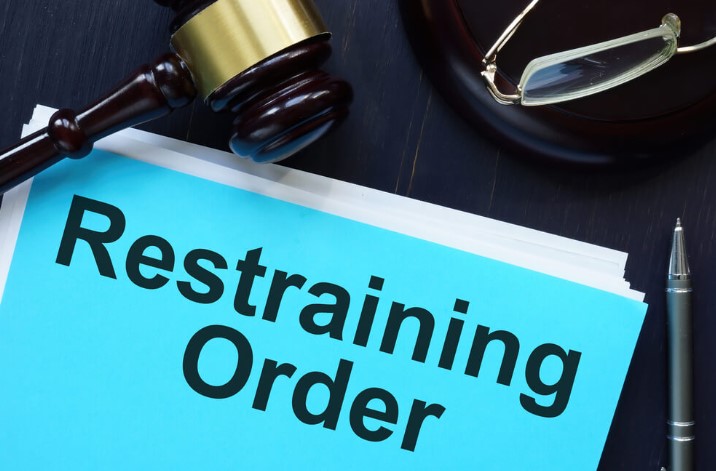A criminal conviction for theft can make it difficult to secure employment and a place to live. A NYC theft crimes defense attorney can help you to challenge the evidence prosecutors use to secure your conviction.
To convict you of a theft crime, the prosecution must prove that you took property with the intent to permanently deprive the owner. A theft crimes defense attorney can raise several possible challenges to this claim.
Belief in Ownership
Ownership is more than just a legal right to possess or use something. People can have a good faith belief that they own or have rights to property and that belief may provide an affirmative defense against theft charges.
To be convicted of larceny or another property crime, the prosecutor must prove all four elements of the offense: (1) the defendant intentionally took or kept someone else’s property without permission; (2) the defendant intended to temporarily or permanently deprive the victim of their property; (3) the alleged crime was committed by the defendant against someone they knew to be an owner; and (4) the alleged crime was committed with force or under duress. A criminal attorney could challenge the reliability of a prosecutor’s evidence by introducing doubt into any of these elements.
A knowledgeable and dedicated New York City theft crimes defense lawyer can protect you from overly zealous prosecutors and fight to reduce or dismiss your charges. Contact us now to schedule a free consultation and learn more about your options.
Return of Property
A theft crime conviction can have a significant impact on your future. It could prevent you from finding employment, renting or buying property, and it may affect your immigration status. An experienced lawyer can investigate the charges against you beyond the police report and prosecutor’s version of events to find any potential flaws or errors.
In some cases, an honest mistake can be a defense to a theft charge. For example, if you took someone’s bag by accident because you were too drunk to notice, this is not considered stealing. This is also a viable defense if you forgot to return a borrowed item like a coat.
Another possible defense is to argue duress. To be guilty of a theft offense, the prosecution must show that you took the property without consent and intend to permanently deprive the owner of the property. This can be difficult to prove if you took the property under coercion like blackmail or threats.
Entrapment
It is important to note that entrapment must be proven as an affirmative defense, meaning that the defendant must prove by a preponderance of evidence that police officers or other government officials induced him or her to commit a crime. The first element of this defense is the induction, which must involve coercion by law enforcement officers. The type of coercion can include threats, intimidation, extended fraud, and other forms of manipulation.
The second element is the conviction of the criminal act. The third element involves the person’s predisposition to commit the crime. The jury must decide if the defendant would have committed the crime regardless of the police persuasions.
The jury must also decide whether the crime was committed by the person in a state that follows the objective standard or the subjective standard, which means jurors determine responsibility based on their own judgment and not what the police did to induce them. For example, a person who is willing and ready to commit a burglary can still be found guilty in a state that applies the objective standard.
Intoxication
While intoxication may seem like an appealing defense, it is a far from foolproof option. Involuntary intoxication is a valid legal defense to certain crimes, but only if the accused was not conscious of their actions at the time of the crime. Even then, the laws on this issue vary widely from state to state.
For example, if you accidentally grab the coat of someone else when you are at a bar and they later discover that it is not theirs, this can be used as a defense against theft charges. However, involuntary intoxication will not be a defense to any crime that requires specific intent.
Similarly, if someone of their own volition drinks a lot of alcohol and then gets behind the wheel of their car and kills someone, this is not something that can be used as a defense to murder charges. The victim’s family would be entitled to compensation for the wrongful death, though, and that could make this an unwise option for someone to pursue.





